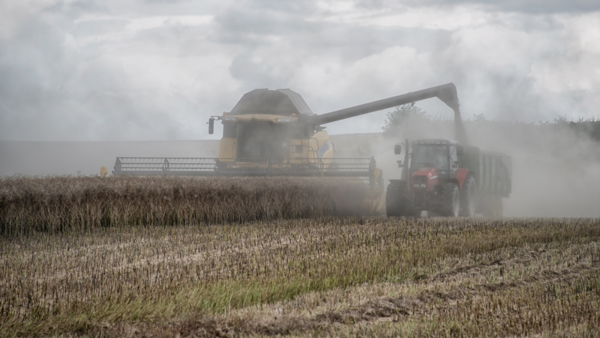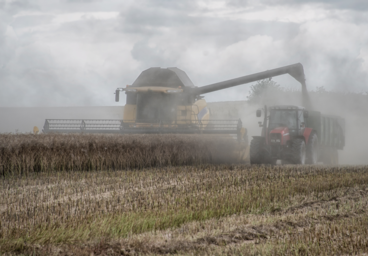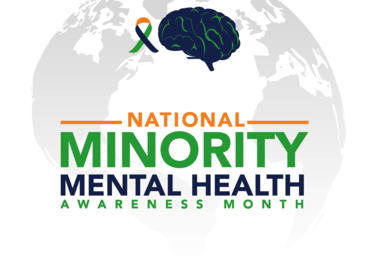August Is Valley Fever Awareness Month

What you need to know about Valley Fever in California [flyer]
The number of reported Valley fever cases in California has greatly increased in recent years, and we are learning that drought and other factors increase the number of new Valley fever cases in our state. Valley fever can be serious for some people, and symptoms can last weeks or months, causing people to miss work, school, or activities they enjoy. Because Valley fever can be serious, it is important that people become more aware of this disease, especially those in communities where Valley fever is common and in groups at risk for severe disease.
The California Department of Public Health (CDPH), in collaboration with local health departments, is alerting the public and health care providers to a potential increased risk for Valley fever in California. With cases reaching their peak during the summer and fall months, August is Valley Fever Awareness Month. It is important for all Californians to know the signs and symptoms of Valley fever.
While anyone can get Valley fever, people most likely to get Valley fever include individuals who live, work, or travel in areas with high rates of Valley fever, especially if they participate in outdoor activities that involve close contact with dirt or dust. Other groups are at higher risk of severe Valley fever if they become infected, including people who are Black or Filipino, adults 60 years or older, pregnant women, and people with diabetes, cancer, or conditions that weaken the immune system.
About Valley Fever: Valley fever, also known as coccidioidomycosis or “cocci," usually affects the lungs and can cause prolonged respiratory symptoms including cough, fever, chest pain, and fatigue or tiredness. While Valley fever shares many of the same symptoms with other respiratory diseases (including COVID-19), Valley fever symptoms can last a month or more, and laboratory tests are needed to know whether symptoms are caused by Valley fever or another illness. If a person tests negative for COVID-19 but continues to have respiratory symptoms that last more than a week, they should talk to a doctor and ask if their symptoms could be Valley fever. If Valley fever is diagnosed, your doctor will determine if you need treatment.
Mitigating Exposure: Because Valley fever is caused by breathing in a fungus from dust in outdoor air, it can be difficult to prevent infection. Practical tips may help prevent Valley fever in areas with high rates:
- When it is windy outside and the air is dusty, stay indoors and keep windows and doors closed.
- Before digging, wet down soil and dirt to prevent stirring up dust into the air.
- Consider wearing a properly fitted N95 mask if you must be in dusty air outdoors.
CDPH encourages people who live, work, or visit in areas where Valley fever is common to learn about the signs and symptoms of Valley fever and the ways to help reduce the risk of infection. Employers with employees working outdoors in these areas should train workers about Valley fever symptoms and take steps to limit exposure to dust.
Educational Resources: https://www.cdph.ca.gov/Programs/CID/DCDC/Pages/Coccidioidomycosis.aspx



